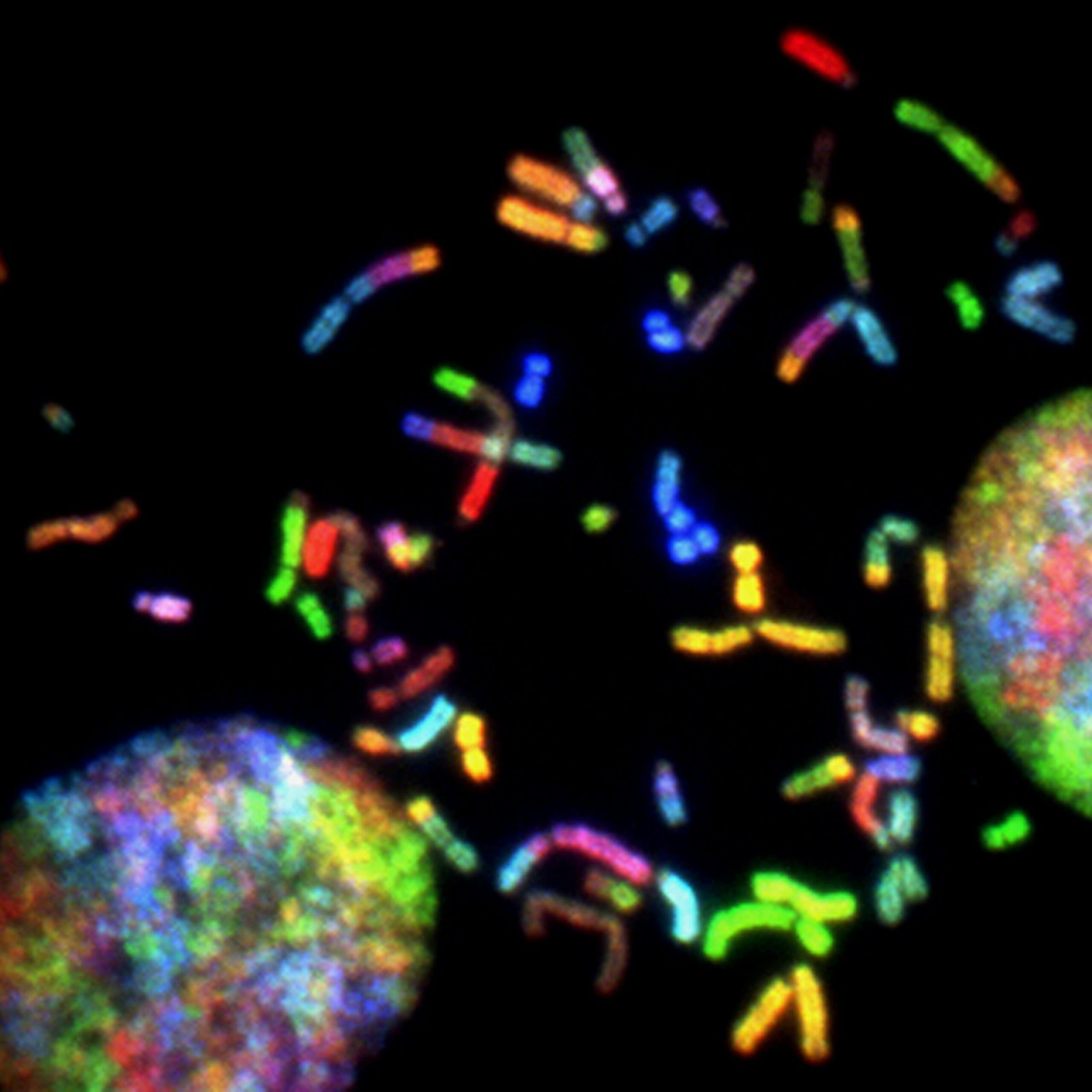Learn about the significance and meaning of chromosome. Understand the structure of chromosomes and their role in inheritance, cell division, and gene expression. Explore common chromosomal abnormalities such as Down Syndrome, Klinefelter Syndrome, and Turner Syndrome. Appreciate the complexity and beauty of life’s building blocks and how chromosomes shape our physical and biological characteristics.
Exploring the Meaning of Chromosome
Chromosomes are an essential component of every living organism. They play a crucial role in determining the characteristics and traits of an individual. In this article, we will explore the meaning and significance of chromosomes.
What are Chromosomes?
Chromosomes are thread-like structures made up of DNA and proteins. They are found inside the nucleus of every cell in our body. These structures contain the genetic information that determines our physical attributes, such as eye color, hair texture, and height.
Humans typically have 46 chromosomes, arranged in 23 pairs. Each pair consists of one chromosome inherited from the mother and one from the father. These pairs called homologous chromosomes. Explore the definition of gender and its complex and multifaceted nature.
The Structure of Chromosomes
Chromosomes have a distinct structure that allows them to carry and transmit genetic information accurately. They consist of two arms, known as the short arm (p) and the long arm (q). The point where the two arms meet called the centromere.
The DNA in chromosomes tightly coiled and organized into units called genes. Genes are responsible for the production of proteins, which perform various functions in the body.
Role of Chromosomes
Chromosomes play a vital role in several essential processes:
Inheritance:
Chromosomes are responsible for passing on genetic information from one generation to the next. During reproduction, the chromosomes from both parents combine to form a new individual with a unique set of genetic traits.
Cell Division:
Chromosomes ensure the accurate division of cells during mitosis and meiosis. Mitosis is the process by which cells divide to produce two identical daughter cells, while meiosis is involved in the production of gametes (sperm and eggs) for sexual reproduction.
Gene Expression:
Chromosomes regulate the expression of genes, determining which genes are active and producing proteins at any given time. This process is crucial for the proper functioning of cells and the overall development of an organism.
Chromosomal Abnormalities
While chromosomes are essential for our well-being, abnormalities in their structure or number can lead to genetic disorders. Some common chromosomal abnormalities include:
Down Syndrome:
Down syndrome caused by the presence of an extra copy of chromosome 21. Individuals with Down syndrome often have distinct facial features, intellectual disabilities, and an increased risk of certain health conditions.
Klinefelter Syndrome:
Klinefelter syndrome occurs in males and characterized by the presence of an extra X chromosome (XXY). This condition can lead to infertility, reduced testosterone levels, and other physical and developmental challenges.
Turner Syndrome:
Turner syndrome affects females and is caused by the absence of one X chromosome (X0). It can lead to short stature, infertility, and certain medical complications.
Conclusion
Chromosomes are the carriers of our genetic information and play a fundamental role in determining our physical and biological characteristics. Understanding what is the meaning and significance of chromosome helps us appreciate the complexity and beauty of life’s building blocks.
Next time you look in the mirror or notice the unique traits of those around you, remember that it is the result of the intricate dance of chromosomes, shaping who we are as individuals.















1 Comment